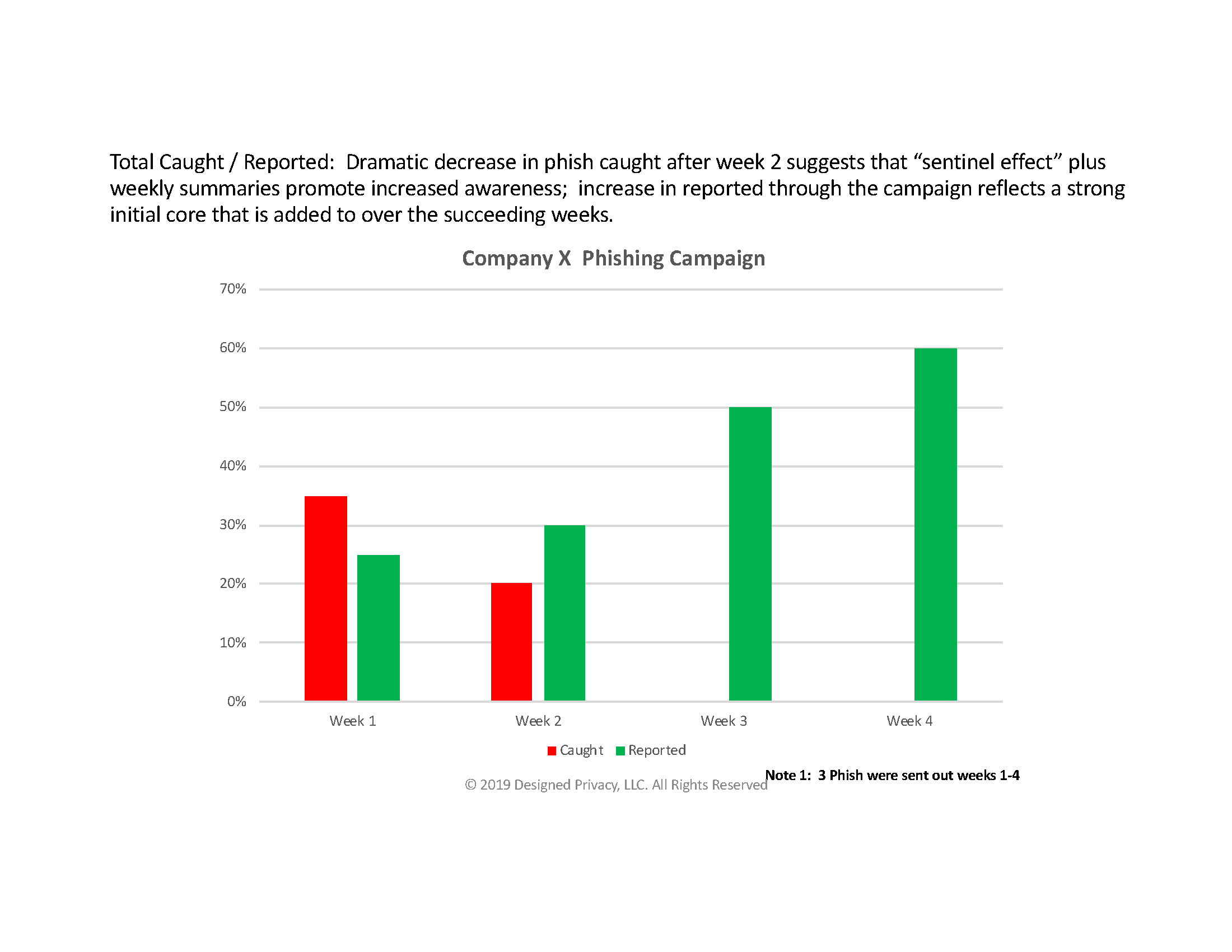Digitally Mindful Behavior Training Programs
According to the 2018 Verizon Data Breach Report, 92% of all malware infections are the result of email scams. It’s no surprise that bad guys continue to target you and your employees in order to get to your business—because their methods work.
Therefore, it is critical that you and your employees model behaviors that increase digital mindfulness and improve your organization’s ability to resist this type of attack.

Changing any behavior takes time, and the frustration of missteps along the way can stop any wellness program dead in its tracks.
The purpose of our Cyber Awareness and Digitally-Mindful Behavior programs is to make the process of learning new behaviors simple and positive for all stakeholders.
Our Program focuses on the “Three R’s” of Cyber Awareness
Read: Behaviors to help you spot the phish before taking the bait.
React: Behaviors to promote correct reactions if you are phished.
Report: Behaviors to promote reporting a phish.
Designed Privacy’s Digitally-Mindful Behavior Program Components
1. An annual Executive Coaching Session with Business Leadership to help them understand the various methods of attack by which they are most likely to be targeted, the impact to themselves and the organization of those attacks and the right behaviors to model in order to mitigate those threats.
2. An annual cyber awareness program for all staff to satisfy compliance requirements and provide baseline and comparative data for your firm to assess how digitally mindful its employees are.
3. Quarterly phishing campaign tests to assess the susceptibility and resiliency of your organization when attacked. Test campaigns provide immediate training to those who fall victim to the attacks and incentives for those who are prompt in reporting the attack.

Phishing Programs That Get Results
Our Behavior-Designed Phishing Programs have generated positive results, even with cohorts who habitually fall prey to phishing simulations.

Learn More about Digitally Mindful Training and Overall Digital Health Program
